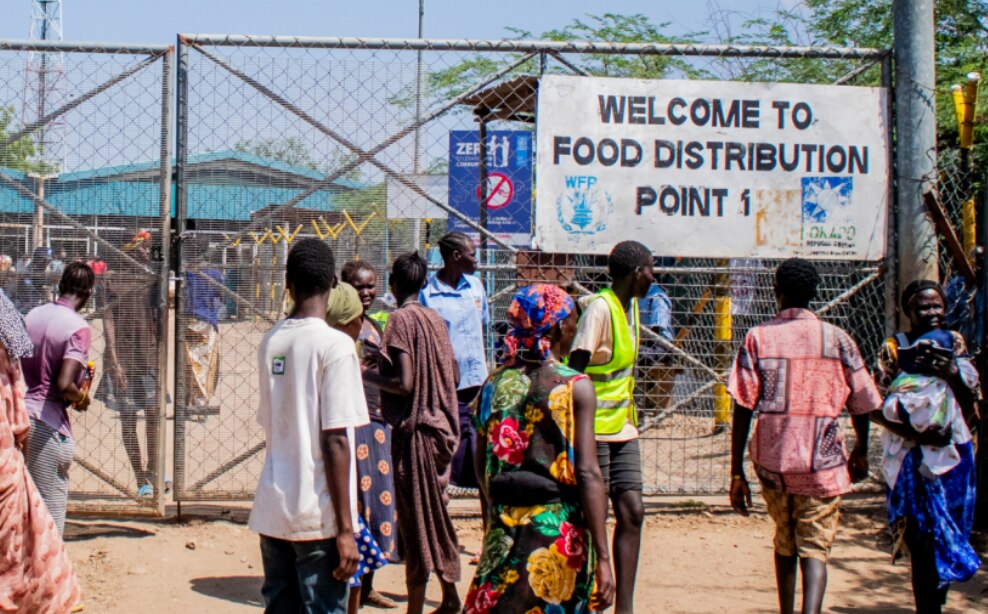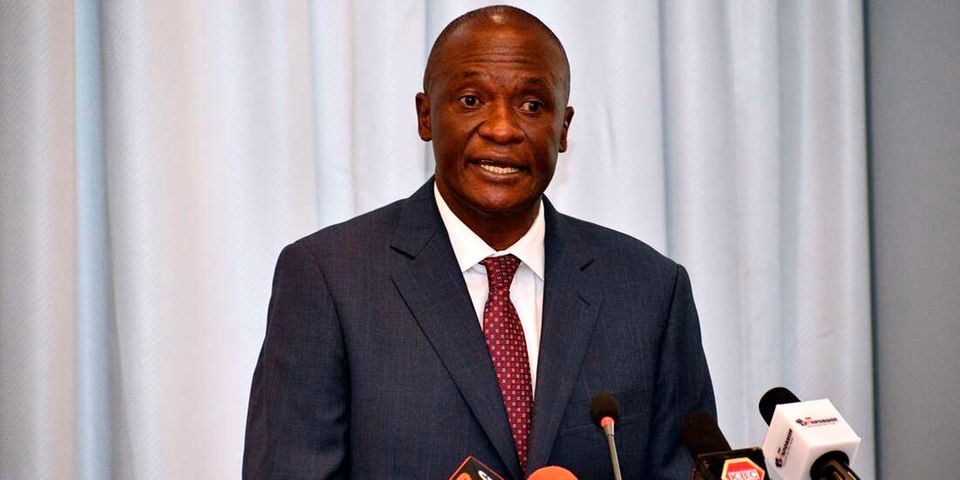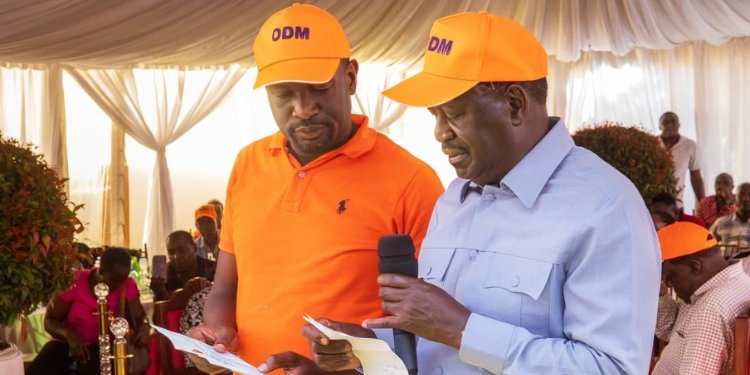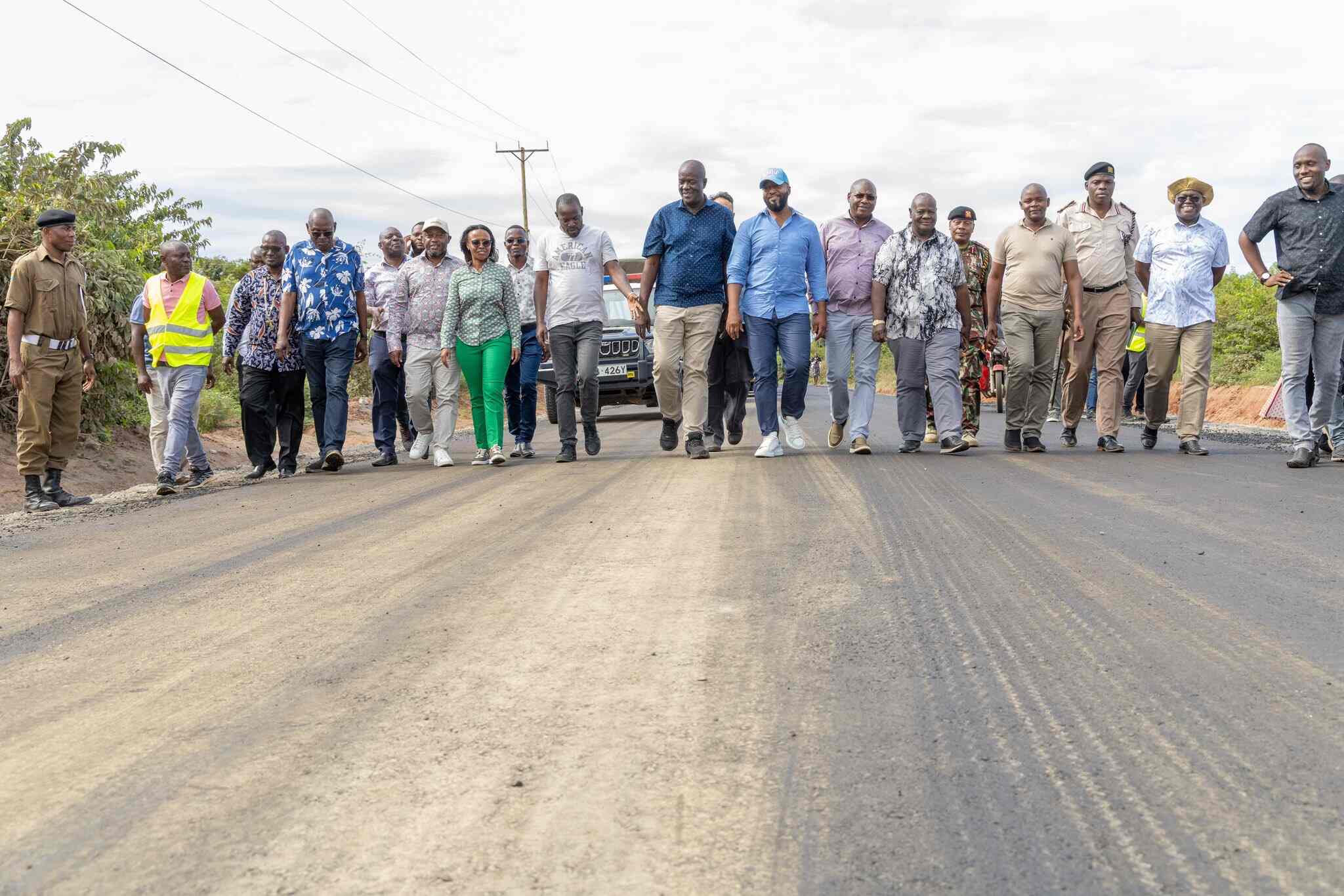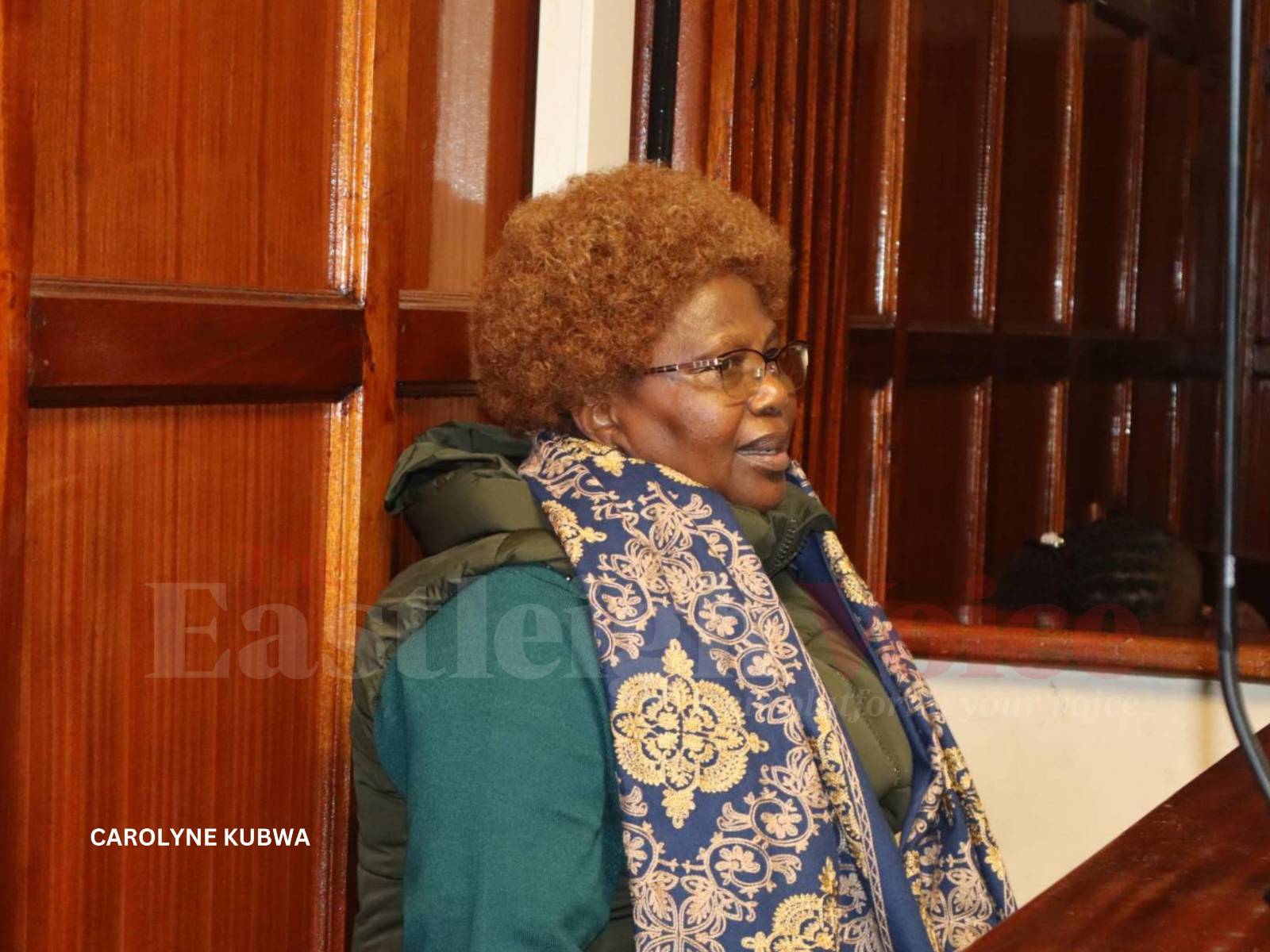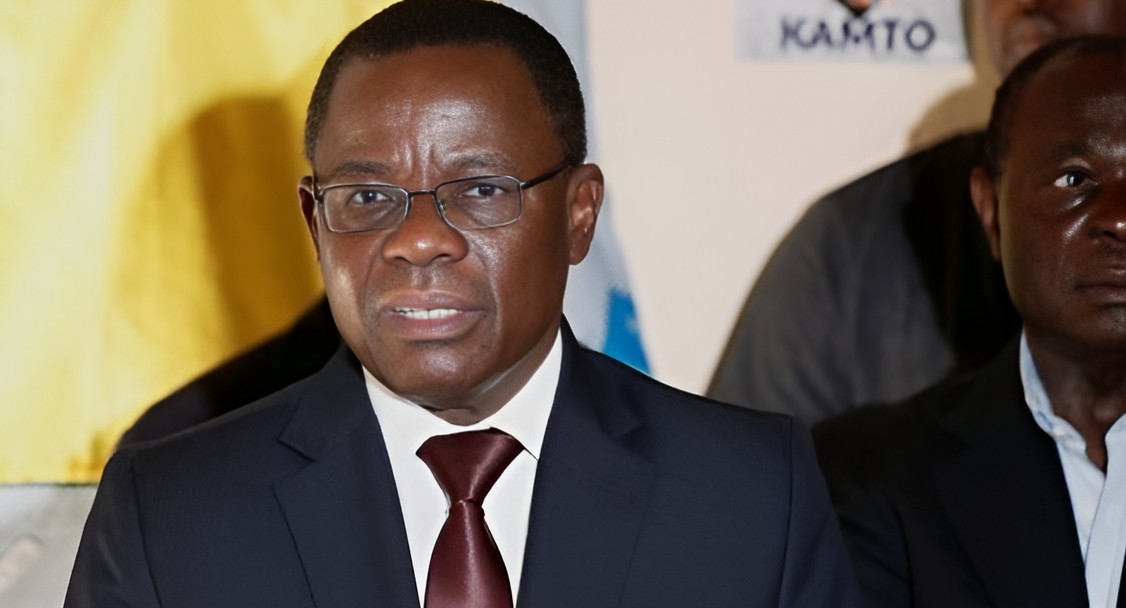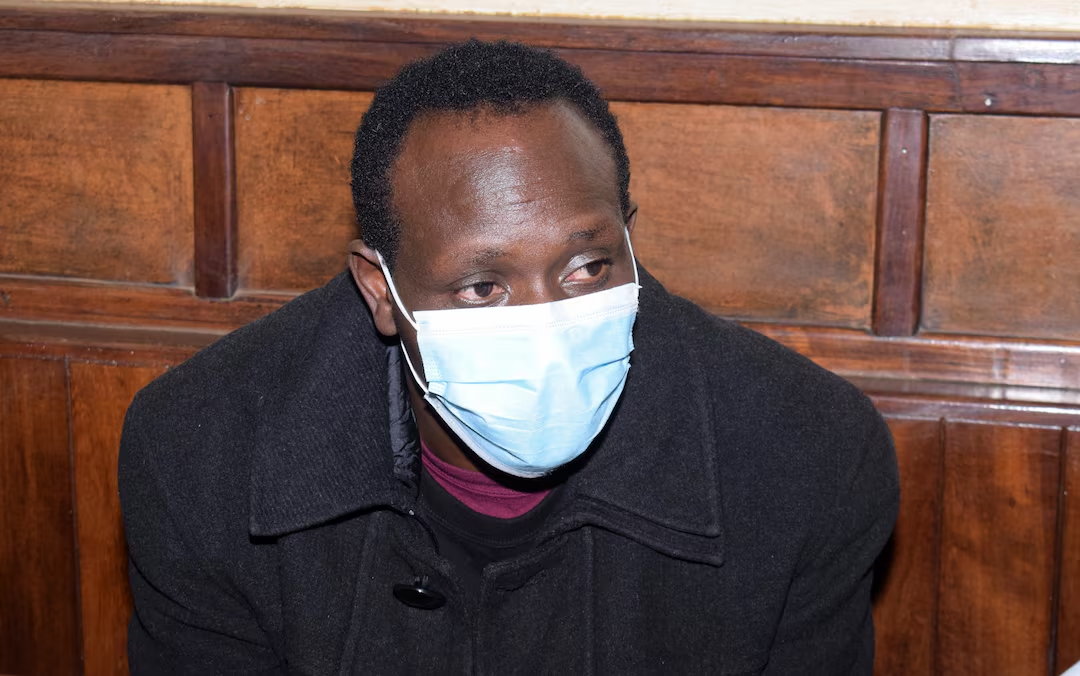Duale orders CCTV upgrade in referral hospitals after Kenyatta National Hospital patient murders
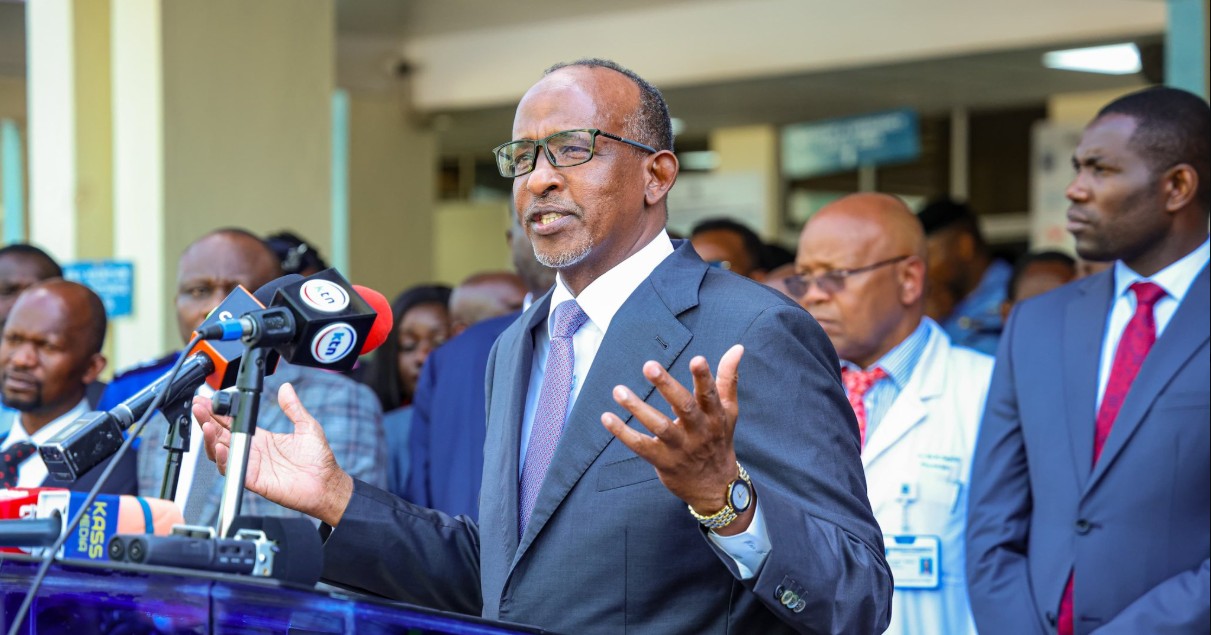
To address the crisis, Duale has directed all national referral hospitals to conduct comprehensive security audits and implement reforms such as anonymous call monitoring, stricter visitor protocols, and a two-screened-visitors-per-patient limit.
All national referral hospitals have been ordered to immediately strengthen surveillance and security systems after the recent killing of two patients at Kenyatta National Hospital (KNH).
Health Cabinet Secretary Aden Duale, speaking during a visit to the facility on Monday, described the tragic incidents as a clear “systems failure” and announced major reforms aimed at improving patient safety and institutional accountability.
More To Read
- Mbagathi Hospital ignoring court order to admit KNH murder suspect, lawyer claims
- Ruto appoints veteran humanitarian Abbas Gullet as chair of KNH board
- KNH murder suspect Kennedy Kalombotole held for 10 days pending identity confirmation
- Sudan reports 1,307 new cholera cases within one week
- Health ministry unveils strict measures to restore order in nursing internship programme
- CS Duale orders security audits at all referral hospitals after KNH patient murder
“What happened at Kenyatta Hospital is unacceptable,” said Duale. “It exposed systems vulnerabilities that must be addressed, and that’s why we are here.”
Among the new directives, Duale said all referral hospitals must upgrade CCTV coverage, especially in sensitive areas like wards and emergency units, to ensure continuous monitoring and traceability of patient movement.
“We are going to introduce in all our referrals, starting today, by making sure we have upscaled our CCTV coverage in all places, and more so in sensitive areas,” he said.
“We must have some sort of traceability of the patients that come to our hospitals.”
Identification, vehicle registration details
He further directed that all persons bringing patients to hospitals—including police officers—must present identification and vehicle registration details, which must be logged by the facility.
“It will never be again where you drop a patient and you go away. No,” Duale emphasised. “From the moment you enter the gate, we’ll record your vehicle, we’ll record your ID card, and you’ll record the same with the person receiving that patient.”
Duale also offered his condolences to the family of Edward Maingi Ndegwa, who was killed inside KNH on July 11.
“To the family of Edward, we’re sorry. The Ministry of Health extends its condolences to the Ndegwa family for such a sad ordeal,” he said.
The murder of Ndegwa, along with that of another patient, Gilbert Kinyua, in February, has raised serious alarm over patient safety in public hospitals.
“That shows a system failure. I must address a humanitarian crisis,” Duale added.
To address the crisis, Duale has instructed all national referral hospitals to conduct full security audits and implement further reforms. These include anonymous call monitoring, stricter visitor protocols, and a limit of two screened visitors per patient.
Quality assurance framework
He also announced the launch of a new quality assurance framework. It will involve regular patient safety rounds, stronger complaint resolution systems, anonymous feedback channels for patients and staff, and ongoing training for healthcare workers on patient rights and safety standards.
Other Topics To Read
Duale disclosed that 443 individuals are still in public hospitals despite being discharged, either due to a lack of family support or inability to pay their bills.
“There are many abandoned patients in our hospitals. Some 443 patients are still in hospitals; some have no family to return to, while others face financial challenges,” he said.
To address this, the ministry has formed a rapid response team to help reconnect these patients with their families or place them in suitable care homes.
“We are working to ensure we have a society that is compassionate enough to accept their kin back. 443 abandoned patients will be reconnected to their loved ones,” Duale added.
He appealed to Kenyans to support the reforms, acknowledging the public’s scepticism but promising action.
“We understand that there is low confidence in our hospitals, but we urge you to be patient with us as we restore dignity. We still commit to protect the life and dignity of all patients,” he said.
Kalombotole in custody
Meanwhile, the main suspect in the patient killings—identified only as Kalombotole—remains in custody.
He is accused of murdering Kinyua in February and Ndegwa in July. Investigators found blood-stained slippers beneath his hospital bed in Ward 7B, allegedly linking him to both crimes.
During a court appearance last Thursday, prosecutors said they have been unable to confirm Kalombotole’s identity. He has no identification, known family, or address. Efforts by KNH to trace his relatives using fingerprint databases and social media have failed.
A magistrate ordered that he be detained for 10 more days at Mbagathi Hospital, where he is under tight security while receiving treatment for diabetes and convulsions. The court rejected a request to return him to KNH due to the sensitivity of the case.
KNH records show Kalombotole was first admitted in November 2022.
Although he recovered, he continued to stay at the hospital under institutional care, as no next of kin came forward.
His lawyers maintain that his name is Kennedy and criticised the state for labelling him stateless.
“To suggest he is an alien is insulting,” the defence stated.
Top Stories Today
